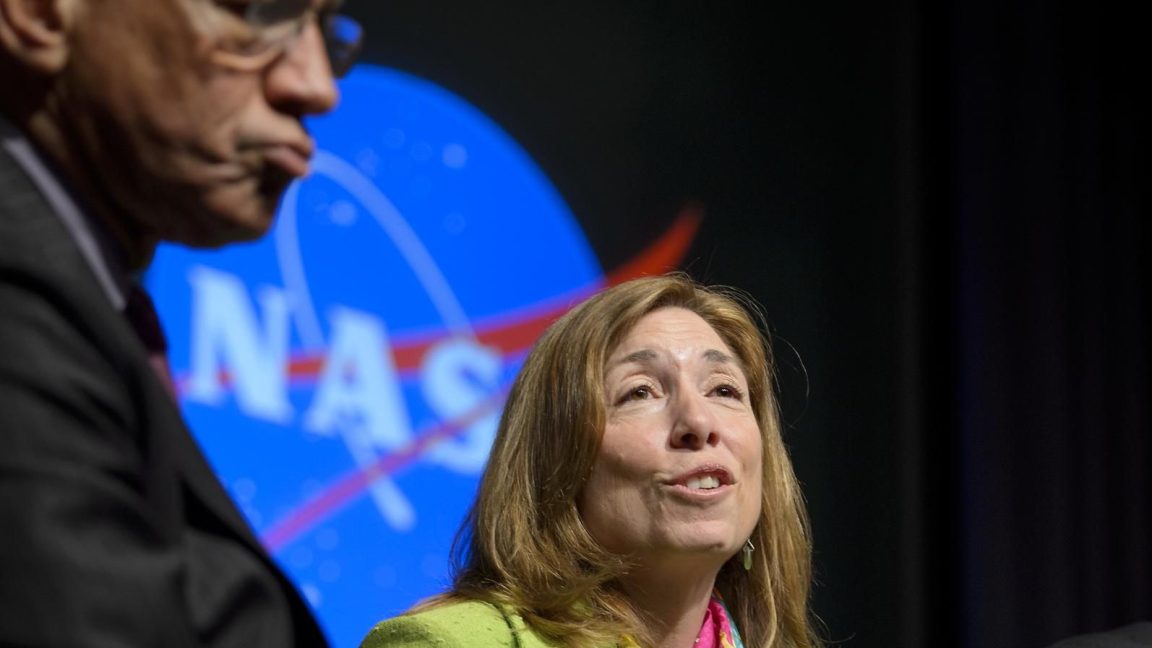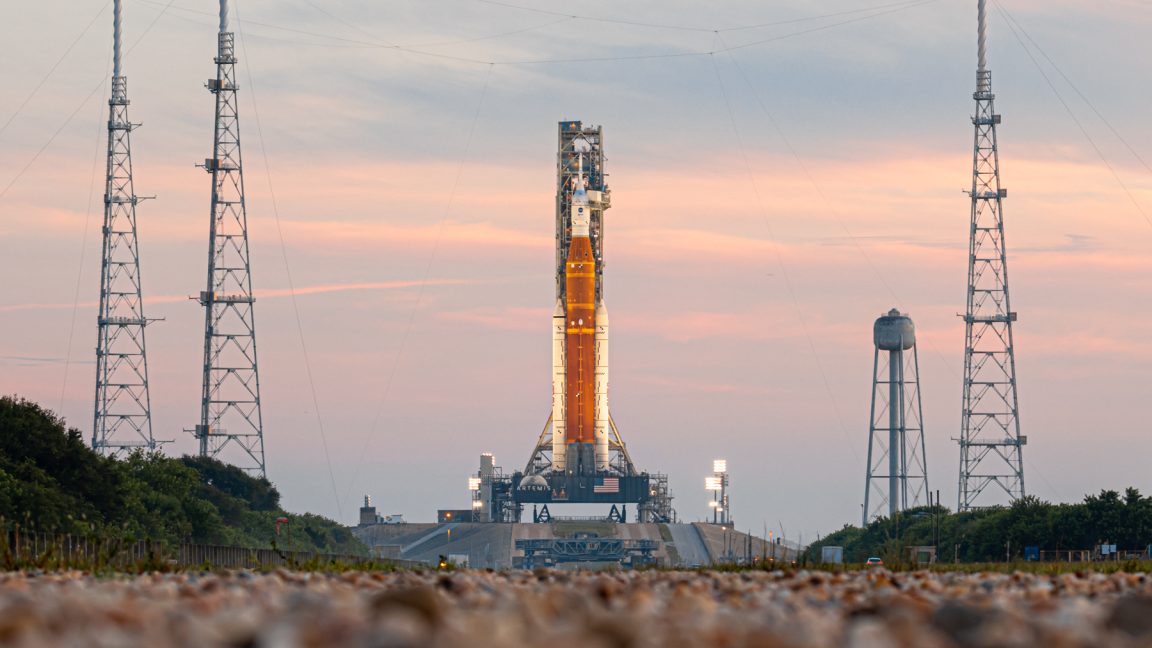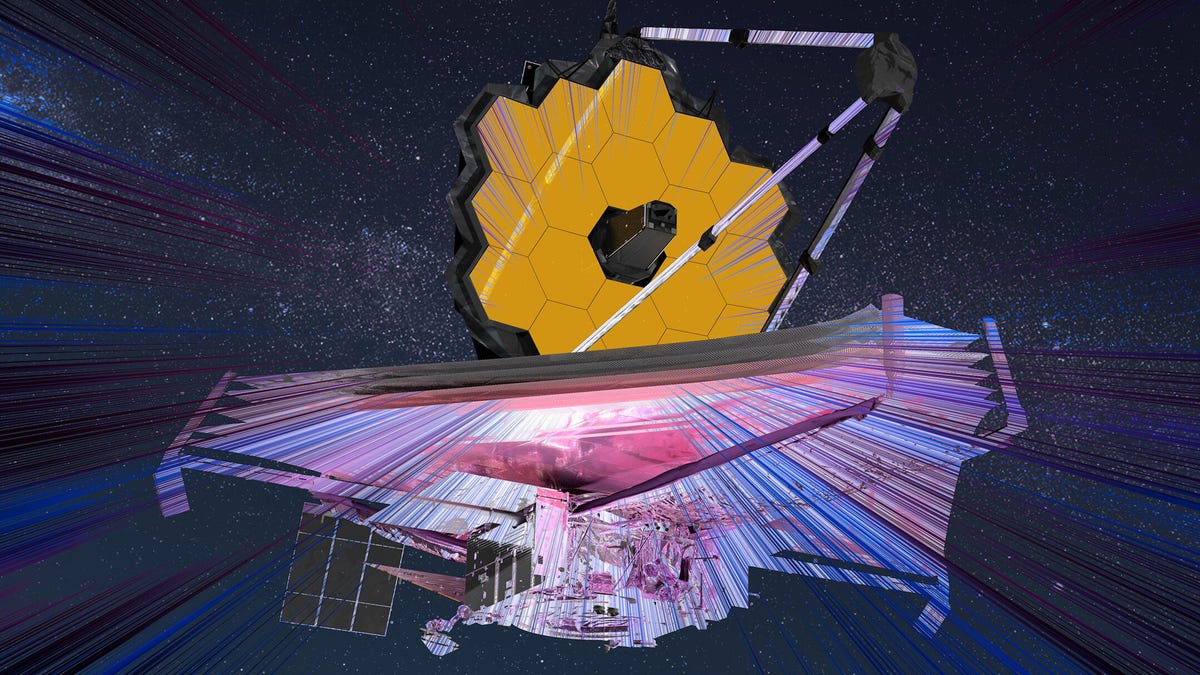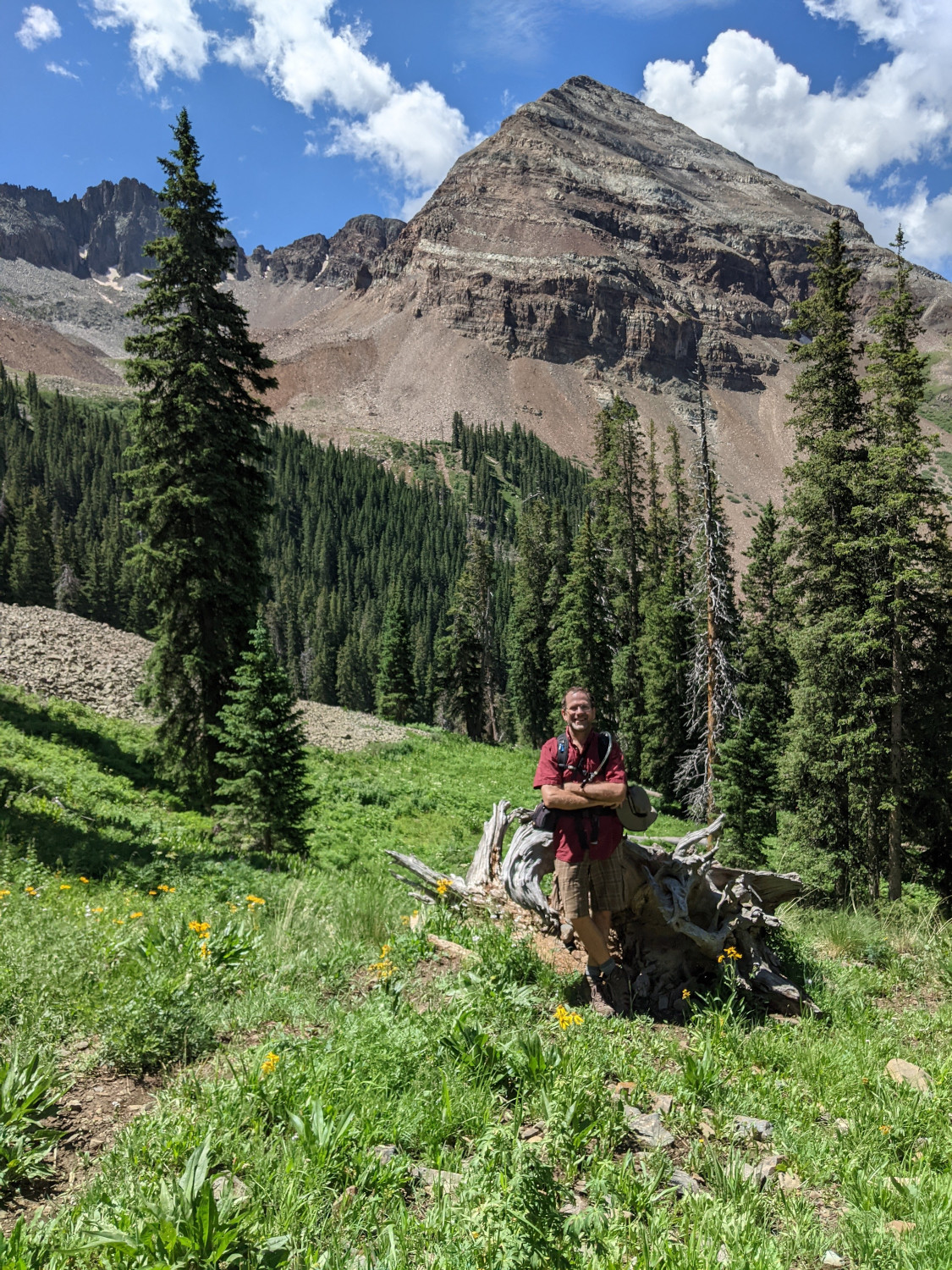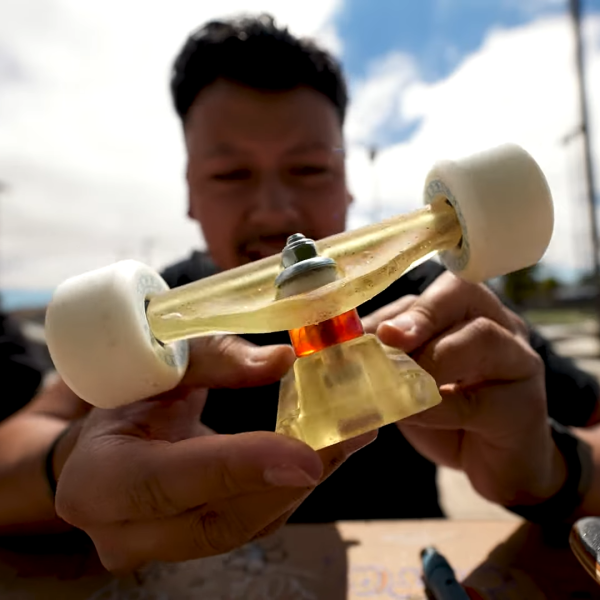Artemis I, take two
NASA will take another stab at getting Artemis one off the pad this Saturday.
From the article: “It was not immediately clear from Tuesday’s news conference what the implications of launching with a warmer-than-normal main engine would be. From a physics standpoint, igniting super-chilled propellants in a warmer-than-anticipated engine would likely severely damage the RS-25 engine’s turbopump, at a minimum. Presumably, therefore, NASA would not launch the SLS rocket without high confidence in its flight rationale.”
So, we’ll see…
JWST scheduling
JWST has been working round the clock since those first glorious images. If you have wondered how its time is allocated, The Planetary Society has the answer right here.
More on SLS
The sound of a black hole?
Well, sort of. Sound is the movement of pressure waves through a medium that ultimately cause an auditory impression in a listener. A black hole in the Perseus cluster generates pressure waves in the cloud of hot gasses surrounding it. The frequency of these pressure waves is far below the range of what humans perceive as sound. But, when they are shifted quadrillions of times higher in frequency, this is what results.
It’s weird. It’s cool. If I ever write a horror story for Generation Mars, this will be playing in the background. But to call it the “sound” of a black hole is a stretch.
Artemis 1
Wait, what?
This no more Big Bang thing has been popping up in my newsfeeds. I’ve ignored it because, come on. Here’s a quick summary of where it’s coming from and why it isn’t true.
From the article:
“Scientific theories can — and should — be challenged by well-reasoned scientists presenting highly detailed and thoughtful arguments. This is not one of those times.”
Water
This week, I wrote the first 943 words of the next Generation Mars book, Water. Oh, I’ve written many more over the past months in the form of developmental notes to myself: 14,000 or so. But these 943 are the first words I’ve written of the book itself. They are the climax, no less, and it’s a whopper. I wish I could tell you about it, but you’ll just have to wait till I get up that mountain.
Aurora borealis
The Sun has been busy lately. Recent coronal mass ejections (CMEs) are hitting the Earth’s atmosphere even as I write this. Because of this atmosphere and the Earth’s strong magnetosphere, the results should be limited to spectacular aurora.
Curious about what happens when CMEs hit Mars, a planet with no magnetosphere and a much thinner atmosphere? Find out in the latest Generation Mars book: Shelter.
Martian skateboards?
Could one make a skateboard on Mars? Here’s a start.
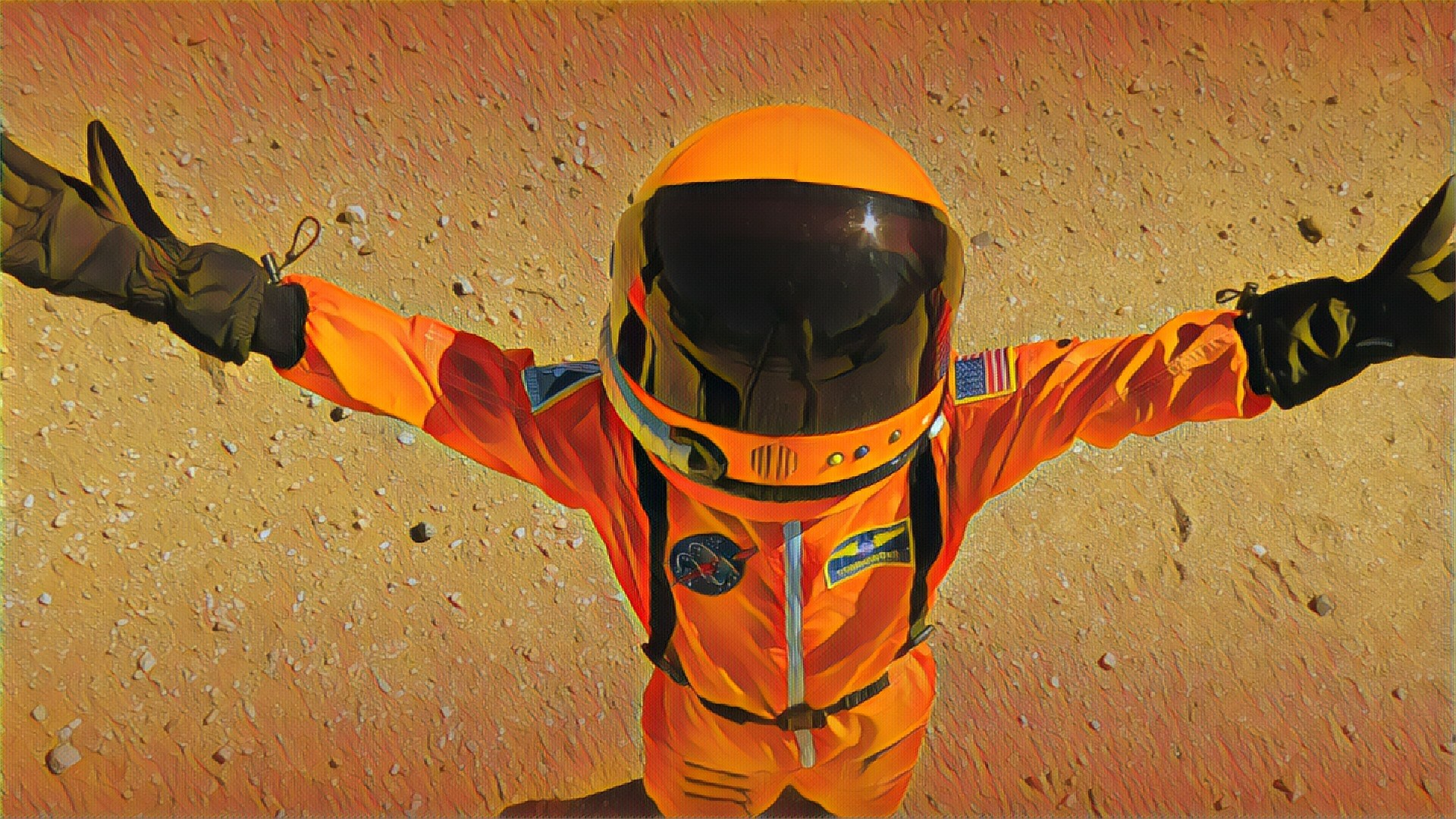

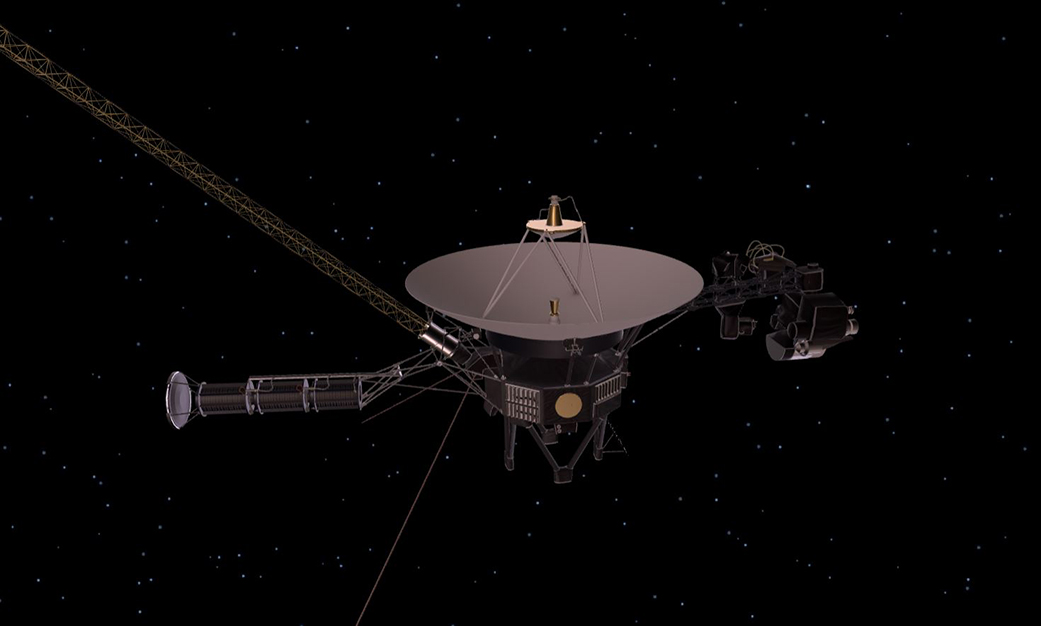
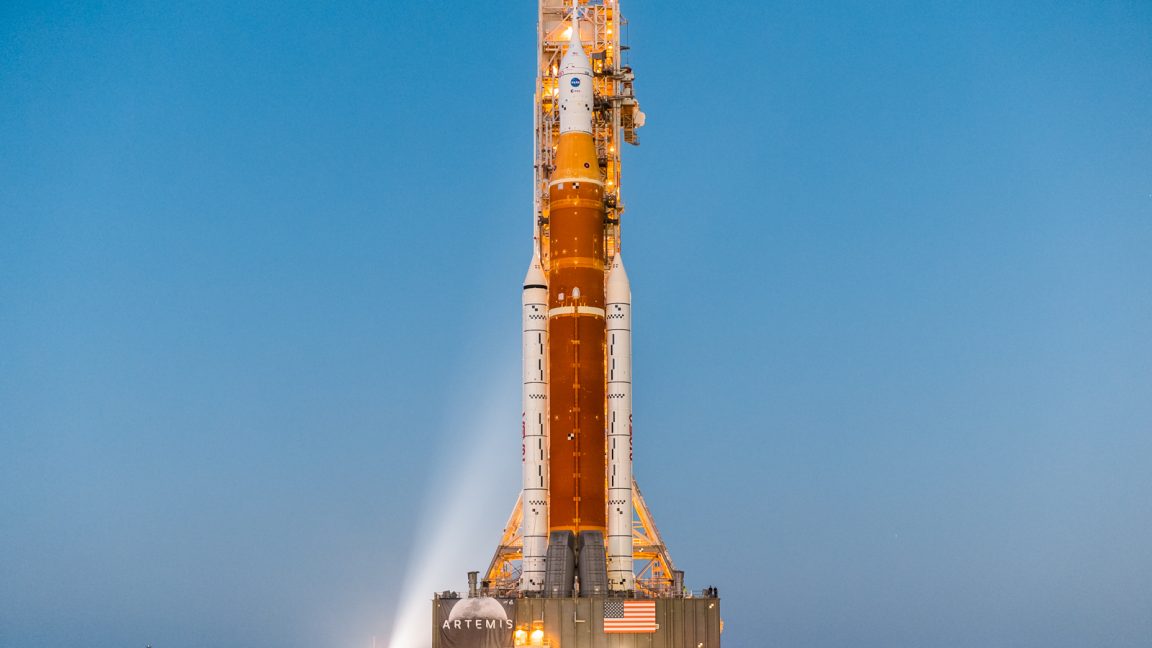
 Ars Technica
Ars Technica 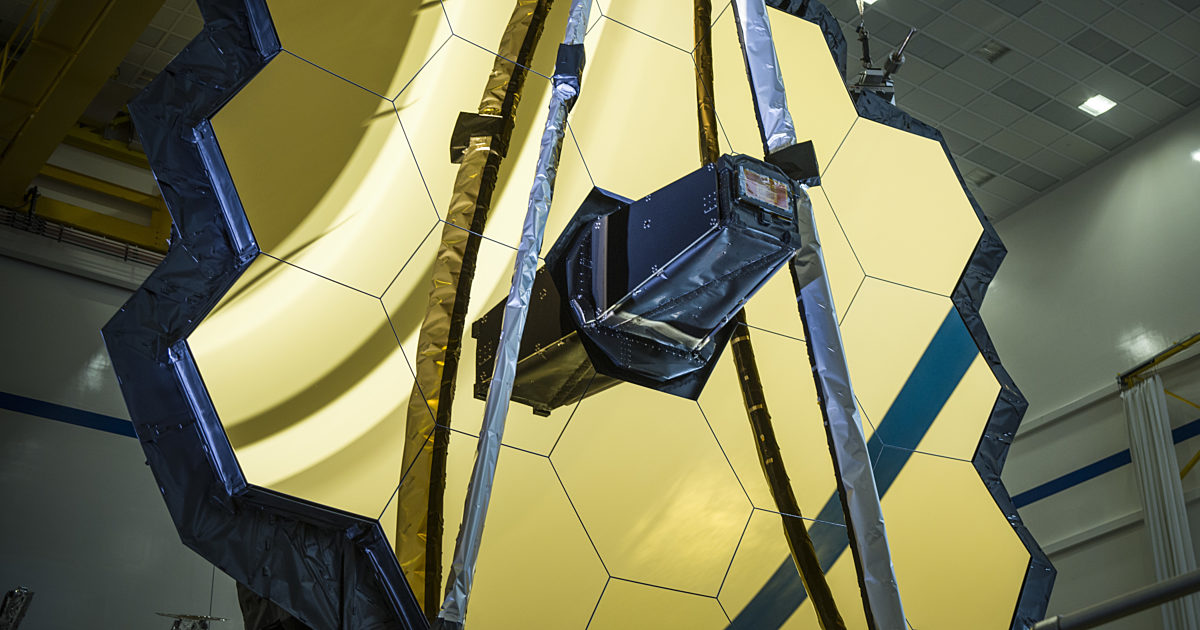
 The Planetary Society
The Planetary Society 